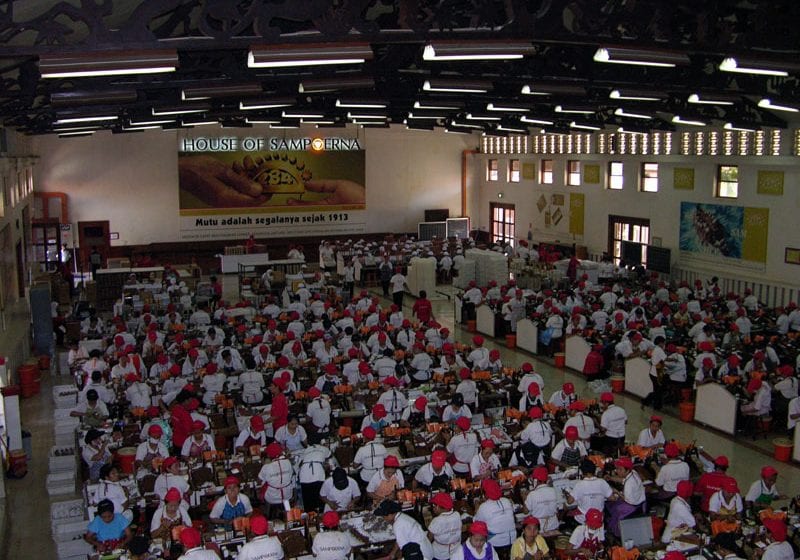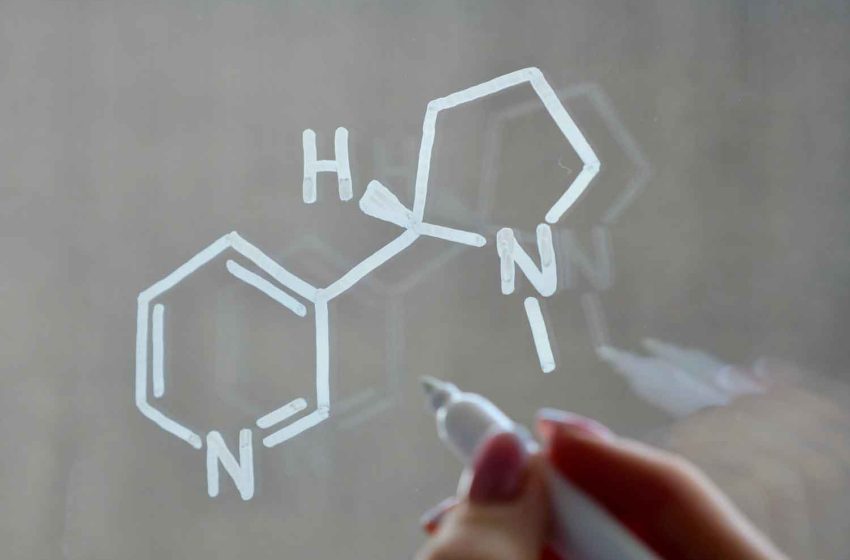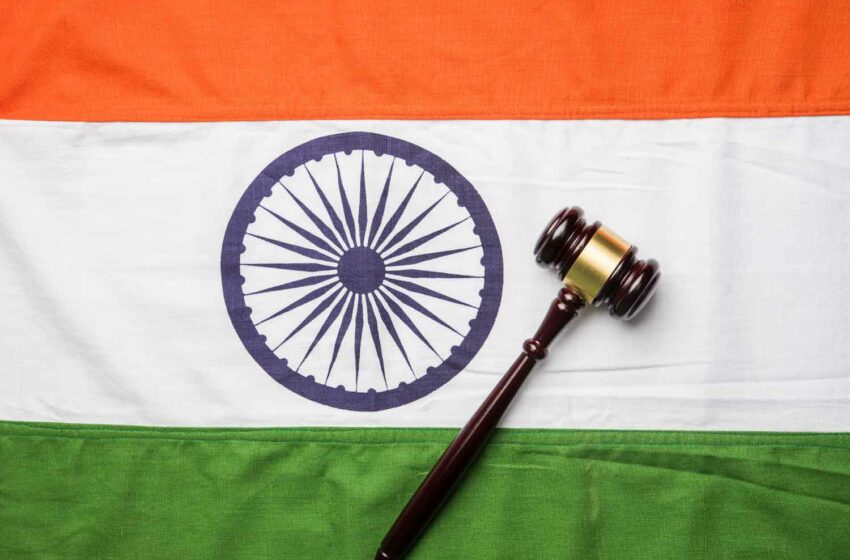Indonesia is trying to find a balance whereby it can benefit from tobacco’s huge economic contributions while reducing its toll on the nation’s health, according to a story in The Jakarta Post.
In a statement issued during the weekend, Industry Minister Airlangga Hartanto said cigarette excise had reached Rp153 trillion last year, up by 3.9 percent from Rp147 trillion in 2017.
“Cigarette excise tax revenue contributed 95.8 percent of the national excise tax revenue,” he said.
At the same time, Airlangga said Indonesia exported cigarettes worth US$931.6 million last year, up by 2.98 percent from $904.7 million in 2017.
Because the cigarette industry mostly used domestic raw materials, including tobacco and cloves, it was able to compete on the global market.
Speaking about the health issues created by tobacco products, Airlangga said: “We will take employment and people’s health into consideration”.
The Government, he added, had been trying to create policies that would be acceptable to all parties in the tobacco industrial sector (IHT).
It had to ensure business certainty among IHT players.
For that, he said, the Government had issued a number of regulations – Government Regulation (PP) No. 109/2012 on security for materials of addictive ingredients, and Presidential Regulation No. 44/2016 on the negative investment list, which was supported by Industry Ministry Regulation No. 64/2014 on cigarette industry control.








